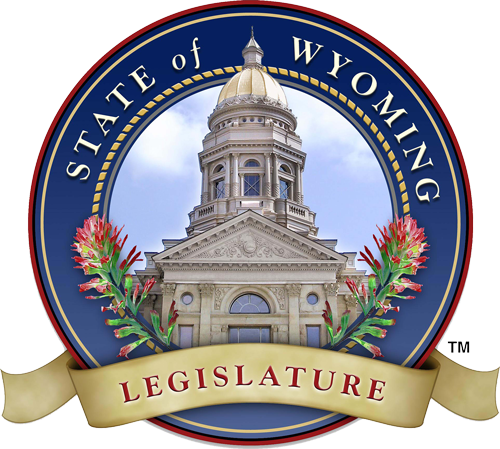The State of Wyoming has outlawed mifepristone, one of the drugs in a two-step regimen for terminating pregnancy, creating yet another abortion law that cannot be enforced. Any law passed with full knowledge that it cannot be enforced is a bad law. The mifepristone market will go underground where it cannot be controlled and will create ready opportunities for corruption and crime, besides the physical harm it will do.
The law has certain exceptions and multiple dire threats, but here is the crux of it, the “Penalties and Remedies”:
- Any person who violates W.S. 35‑6‑123 is guilty of a felony punishable by a fine not to exceed twenty thousand dollars ($20,000.00), imprisonment for not more than five (5) years, or both.
- Nothing in this act shall be construed to subject a pregnant woman upon whom any abortion is performed or attempted to any criminal penalty under this act.”
Under (a), note that the harsh punishment is a maximum, not a minimum.
Under (b), the woman is referred to using the passive voice, someone upon whom an abortion is performed. If she suddenly becomes an active voice, obtains a prescription from a doctor outside Wyoming’s jurisdiction, orders the pill from Timbuktu, and gulps it down at her kitchen sink, thus terminating her pregnancy, there will be no punishment at all. Half of all terminations involve the pill regimen and it looks like that could continue in Wyoming. Even if the abortion were revealed because a woman needed medical care after taking the pills, she seems immune from prosecution because nothing was done to her by someone else.
In America, we’ve already seen this movie. From 1873-1936, even contraceptives were banned, including when sent through the post office. That situation was clarified in 1965, when the Supreme Court ruled 7-2 that the Constitution provided a right to privacy in marital relations and therefore married couples could use contraceptives (unmarried people weren’t granted this right until 1972). Justice Harlan dissented on constitutional grounds, though he wrote that laws prohibiting contraception were “uncommonly silly.” He and his wife had only one child, so he may have had good reason to know just how silly. To venture a step further, is a Constitution that allows or supports uncommonly silly laws above reproach?
In 17th and 18th century New England, a “typical” woman had 7-10 children. By 1900, that number was 3.5, and today it is less than 2. The only explanation for this, other than widespread abortion and contraception, would be that women were having less sex, and I leave it to you to decide whether that has happened.
The Best Intentions, Unintended Pregnancy and the Well-Being of Children and Families, edited by Sarah S. Brown and Leon Eisenberg, part of the National Institute of Health’s National Library of Medicine, writes “It is estimated that before the legalization of abortion, about 1 million abortions were being performed annually… abortion was probably the most common criminal activity in this country, surpassed only by gambling and narcotics violations.” Roe changed only the conditions under which abortions were performed, not their number.
Justice Alito wrote in the Dobbs v. Jackson Women’s Health Opinion that any claim that the Constitution provided a right to privacy was a phantom and therefore withdrew the Court from the abortion fray. This ruling immediately triggered abortion bans in many states, so it cannot be deemed “neutral.” Alito professes to disdain politics but throws decisions about abortion into the maelstrom of state elections. In his concurrence, Justice Kavanaugh states that “The Court will no longer decide how to evaluate the interests of the pregnant woman and the interests in protecting fetal life throughout pregnancy.” Pregnant women have interests which are unrelated to abortion. To suggest that the Supreme Court will ignore these interests is astronomically callous, even if that’s not really what he meant. If the justice can’t express what he really means, should he be on the Supreme Court?
Since millions of abortions had been performed in America during previous periods when abortion was banned, why would the Court countenance yet another ban? Nothing is achieved other than their self-righteous satisfaction.
Laws don’t regulate society without the obedience of its members, and laws passed with full knowledge that they will be disobeyed undermine respect for the law in general.
There are women for whom pregnancy is a crisis outside of the cherry-picked criteria mentioned in this law, and the suffering of those women and their families will stain the hands of the legislators and judges who caused it. Women will ensure that they don’t return to bearing the 7-10 children their ancestors bore.
